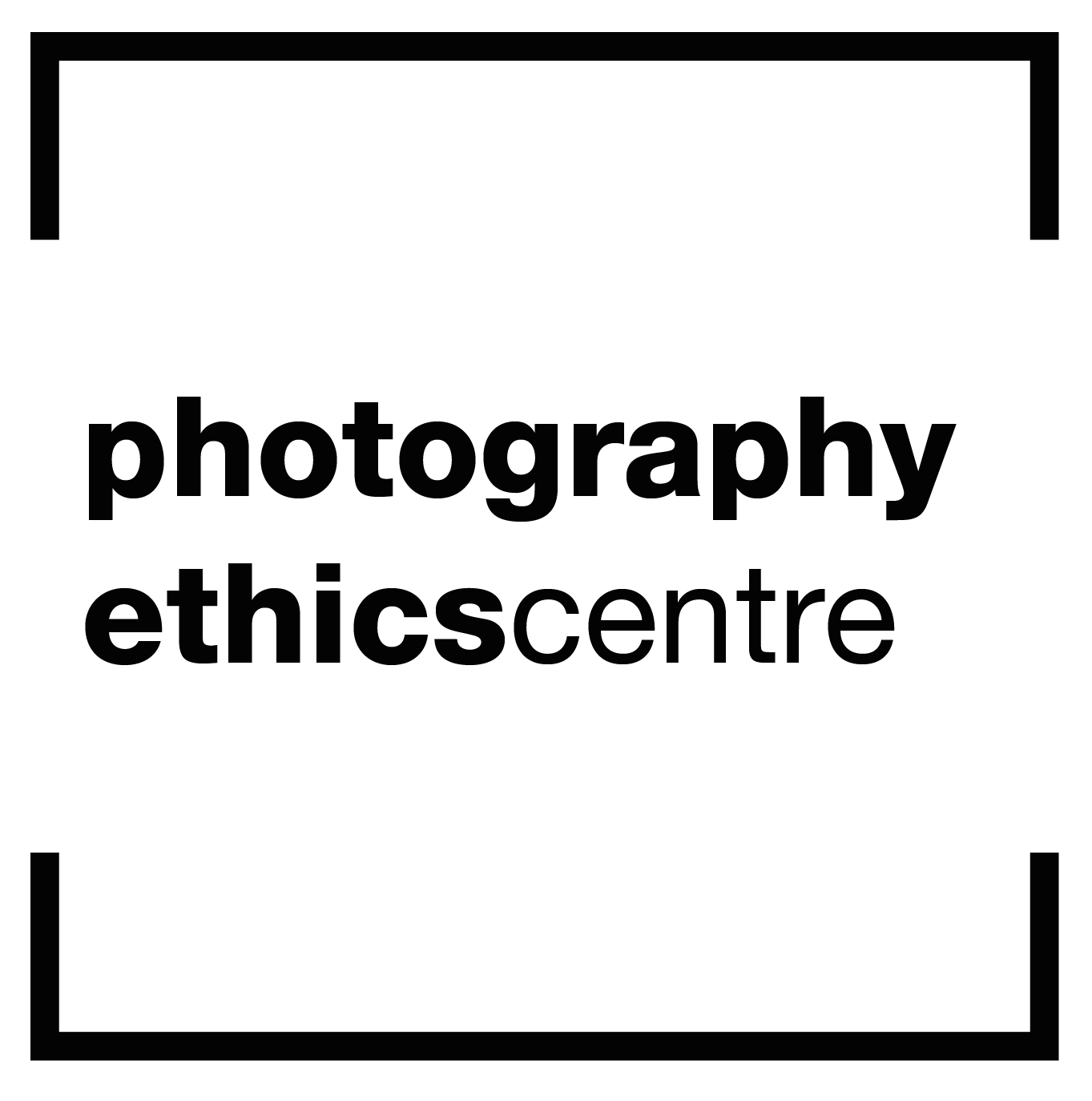Sarah Waiswa: On listening first
In this episode, we talk with Sarah Waiswa about the importance of listening to the people you are photographing. Sarah describes her experiences working with journalists and working with NGOs, and the difference between them. She highlights the potential for NGO photography to be extractive as a result of the power imbalance between the photographer and the photographed. To counteract this, Sarah notes the need to acknowledge the power that you have, and emphasises the role that collaboration should play in telling someone else’s story.
What you’ll find inside:
“I think a lot of the issues is with NGOs that work in the rural areas, when the people see them coming, they think they’ve come with money and gifts and all types of things, you know? So they feel like they really have to perform in order to get those things.” (10:10)
“I think NGO work is my least favourite kind of work because it is extractive. … Also the briefs, you know, are very make sure everyone is smiling. Make sure it’s positive. Make sure people are happy. Make sure, make sure, make sure. And yet when you go into these areas... sometimes it’s not a smiley situation.” (12:20)
“This idea of being the voice of the voiceless, I think when I was starting out that sounded so … cool right? I quickly, quickly after kind of working and just learning about photography, just realised that that was absolutely just not true. I don’t think anybody can be the voice for anybody else.” (17:30)
“Anytime you are telling other people’s stories it has to be a collaboration, you know? Yes, you have the tool, you have the camera, but at the end of the day, you have to work with someone in order to be able to tell a story.” (18:30)
“I think the story doesn’t start with you busting out your camera.” (20:20)
“Even as an African, telling stories about Africa, I think it’s still important to consider that we could possibly be doing the same thing and in various different communities. If I go and photograph a story in an informal settlement, I am an outsider too.” (24:20)
What does photo ethics mean to Sarah?
“I think the first thing I would say is that recognising that, just by virtue of you having a camera, that you have a certain power, depending obviously on the type of photography that you’re doing, but that you have a certain power over the people that you’re photographing. And so being conscious of that I think is really important. I think if you’re conscious of that, how you navigate the storytelling and how you use that power I think is really important. And not abusing that power. I think that’s what photography ethics is, is really trying not to abuse the power that the camera gives you.” (28:40)
Sarah Waiswa is a Uganda born, Kenya based documentary and portrait photographer with an interest in exploring identity on the African continent, particularly the new African identity. After getting both her Sociology and Psychology degrees and working in a corporate position for a number of years, she decided to pursue photography full time. She aims to illustrate the plight of various social issues on the continent, in a contemporary and non-traditional way. Sarah hopes to change the narrative on Africa by generating dialogue on developing issues as they happen. She’s passionate about creating visual poetry and telling stories in the most organic and creative way possible.
You can see her work at http://www.sarahwaiswa.com/
This podcast is supported by the Rebecca Vassie Trust, a UK-based charity which promotes the art of narrative photography through granting bursary awards to up-and-coming photographers, and funding public education projects like this one. This podcast has full editorial independence, and the views expressed in this series are not necessarily those of the Trust.
